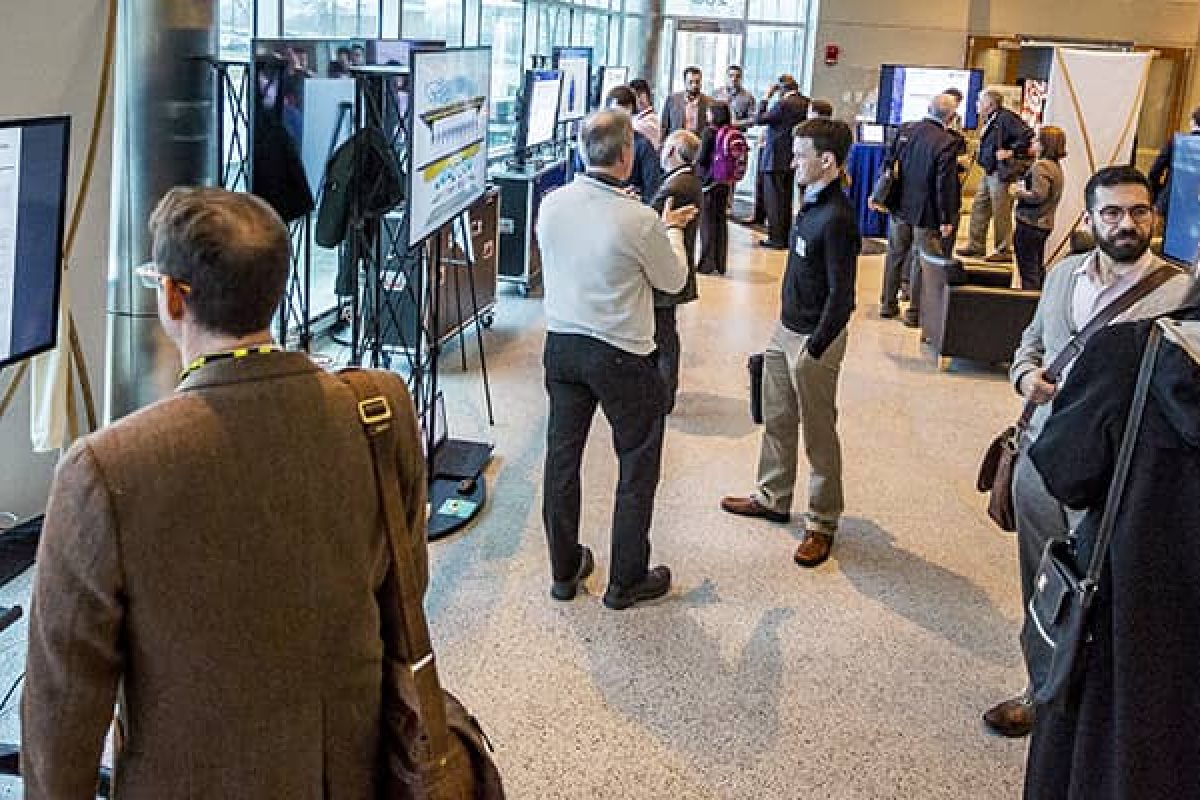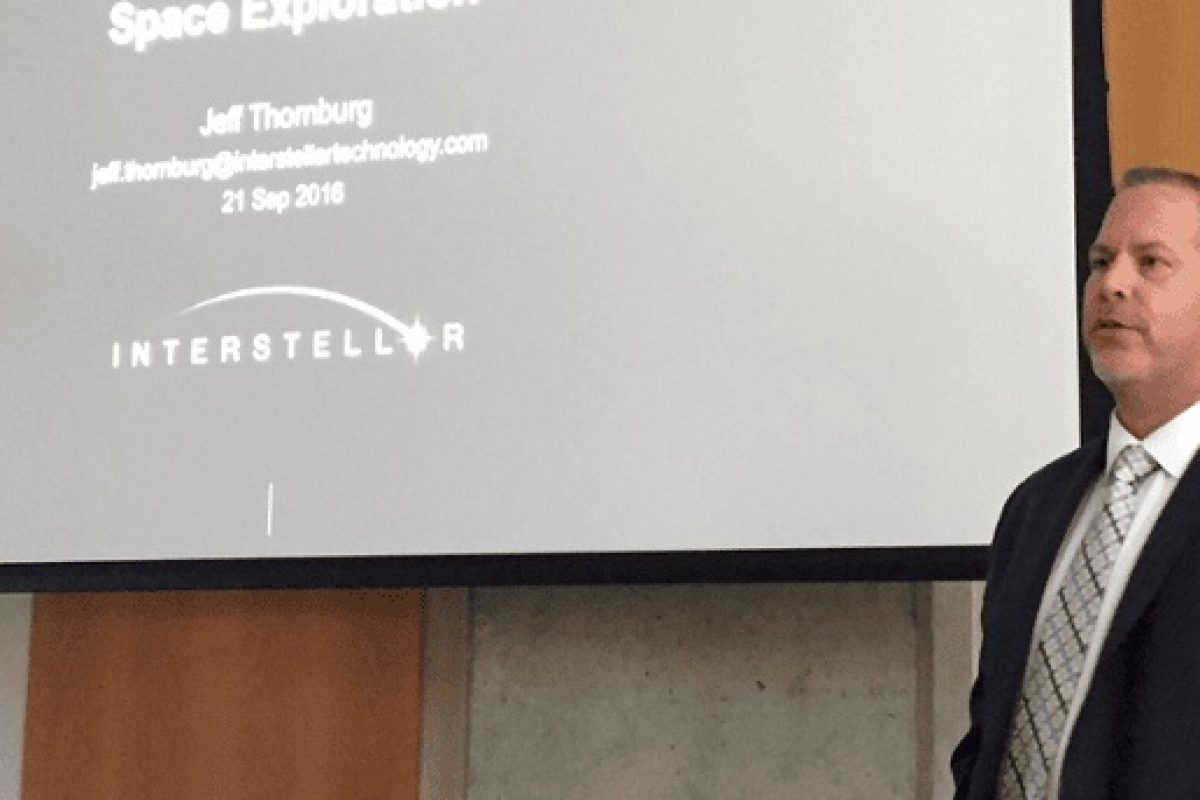Faculty from WSE attended the second of two retreats on Monday, Jan. 23, at the APL campus in Laurel, as part of a networking effort to increase partnerships between the school and JHU APL. The day’s agenda involved a sharing of research and educational opportunities between WSE and APL for students and faculty.
“The opportunity to collaborate with the APL is an opportunity that we should take full advantage of,” said Ed Schlesinger, Dean of WSE. “We’ve worked very hard to make it very easy to work together on projects of mutual interest.”
Leaders from the WSE presented on the Engineering Professionals and the Electrical and Computer Engineering programs. APL provided an overview and history of the organization, as well as a more in-depth look at the APL Research and Exploratory Development Department (REDD). The department showcased several innovative projects they are working on including robotic prosthetic arms controlled by thought.
Ralph Semmel, APL director, shared a timeline of historic milestones the organization participated in since APL was first established in 1942, including the first photos taken in space, warfare analysis, advanced prosthetics, and most recently – a mission to Pluto. Semmel shared photos of the terrain on Pluto which depicted mountainous regions as high as the Rockies.
In addition to the full agenda of speakers, a poster session was held during lunchtime, and throughout the afternoon. Tours of three APL facilities were provided including the Intelligent Systems Center, Advanced Materials lab, and micro-electronics.
APL will celebrate its 75th anniversary this year in March.




